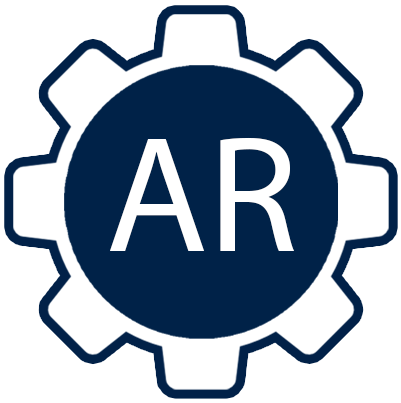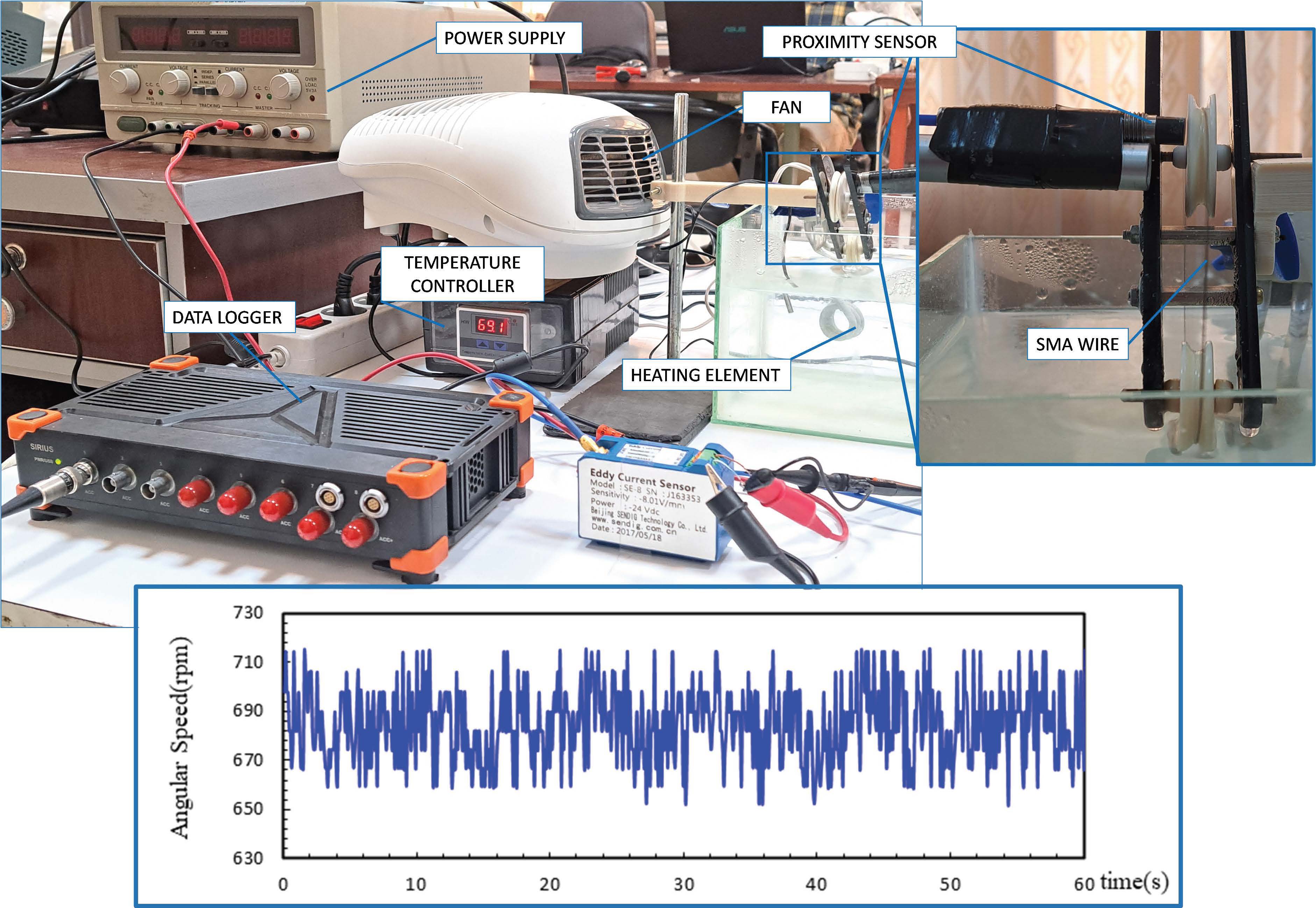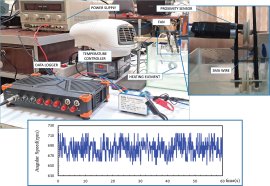PHDThesis Defense Session2 (Mrs. Sepideh Khosravi)
Presenter: Sepideh Khosravi
Title: Dynamic and Thermomechanical Analysis of Shape Memory Alloy Heat Engines
Supervisor:Dr. Mahmoud Kadkhodaei, Dr. Mohammad Silani
Reviewers:Dr. Mohammad Reza Forouzan, Dr. Mehdi Javan Bakht, Dr. Ali Reza Fathi
Abstract:
A significant amount of energy in ecosystems and industry, including waste heat in equipment, geothermal energy, oceanic thermal gradients, and solar radiation, goes unused. Despite many efforts to utilize low-temperature energy sources and convert thermal energy into mechanical or electrical energy, statistics show that 60% of the produced energy is wasted, with nearly 90% of this energy being below 200 degrees Celsius and classified as low-grade. Various technologies, like thermoelectrics, have been proposed to harvest lost thermal energy. Among them, shape memory alloy (SMA) heat engines appear to be strong candidates for converting this low-grade thermal output into mechanical work by leveraging the shape memory effect. For example, an alloy contracted at high temperatures can expand during cooling, forming the basis of mechanical work in SMA heat engines. Unfortunately, despite the introduction of SMA heat engines in the early 60s and significant developments in the 70s, substantial barriers have hindered the transition of this technology from a scientific curiosity to a practical product with commercial potential. The primary issues with the methods proposed by researchers thus far include low efficiency and insufficient knowledge of the detailed behaviors of these engines, as the provided thermodynamic models are very simple and unable to examine all aspects of the issue. On the other hand, research indicates a direct relationship between angular speed and the efficiency of the heat engine. However, existing perspectives on these heat engines have never considered angular speed as a fundamental and influential factor in the performance of SMA heat engines.
The research presented in this thesis aims to evaluate the fully coupled dynamics and thermomechanics of a belt-pulley system as the simplest model of heat engines using SMAs. In this heat engine model, the SMA wire simultaneously bends upon entering the heat source, with both stress and temperature changes contributing to the strain within the SMA wire. Therefore, precise analysis of various points along the wire at different times was crucial in achieving the research goals. By utilizing the structural relationship of SMAs and simultaneously solving the energy equation, it became possible to examine the interaction of stress and temperature under bending loading and unloading, as well as the effect of strain rate on the thermomechanical behavior of SMAs. A prototype of the investigated heat engine was constructed, and the impact of various factors on the angular speed was examined. Following the derivation of the governing equation and the simulation of a 3D model of the heat engine in Abaqus software, experimental results obtained from the tested prototype were compared with the performed simulations to verify the presented model. Ultimately, efforts were made to present an optimized model of the SMA heat engine and adjustments to achieve the highest possible efficiency.





